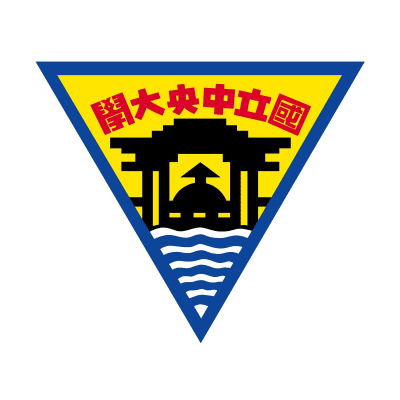
PhD in Computer Science & Information Engineering
National Central University

Key Information
Campus location
Languages
English
Study format
On-Campus
Duration
Request info
Pace
Full time, Part time
Tuition fees
Request info
Application deadline
Request info
Earliest start date
Request info
Scholarships
Explore scholarship opportunities to help fund your studies
Introduction
Founded in 1981, the Department of Computer Science and Information Engineering at National Central University initially offered a graduate degree only. After offering a doctoral degree in 1988 and the undergraduate degree in 1992, the department quickly evolves and sets up a complete curriculum for computer science education and research. The department admits around 100 undergraduates, 100 students to the master program, 30 students to the part-time master program, and 25 students to the doctoral program each year. Our department has one of the most stringent academic programs in Taiwan. While placing emphasis on the core knowledge enabling students to apply their skills to many computer science and engineering disciplines, our program requires students participating in practical projects and provides numerous hands-on opportunities in collaborations with industry and government labs. We offer cross-disciplinary research opportunities that encourage innovation and collaboration across multiple disciplines, helping students become well-prepared engineers and researchers.
Requirements for Graduation
Required credits: 18 credits
Duration of Study: 2~7 years
Other requirements :
- Seminars for 2 semesters.
- Special Topics in Computer Science for 6 semesters
Research Facilities & Lab
- Artificial Intelligence and Pattern Recognition Lab
- Computational Intelligence and Human-Computer Interaction Lab
- Distributed System Lab
- Image Processing and Virtual Reality Lab
- Mobile and Broadband Networks Lab
- Software Engineering Lab
Admissions
Curriculum
Fundamental Courses & Professional Courses
- Network Performance Analysis: Queuing Theory
- Techniques and Algorithms for WWW (Information Systems)
- Wireless Multimedia System
- Advanced Data Structures
- Artificial Intelligence
- Advanced Algorithms for Distributed Computing
- Interactive Computer Graphics in Game Designs
- Information Retrieval and Extraction
- Intelligent Surveillance
- Machine Learning
- Computational Geometry
- Interactive Technologies for Rehabilitation